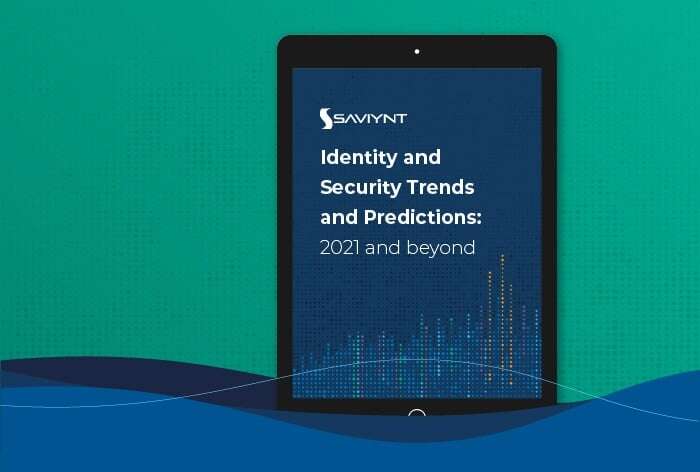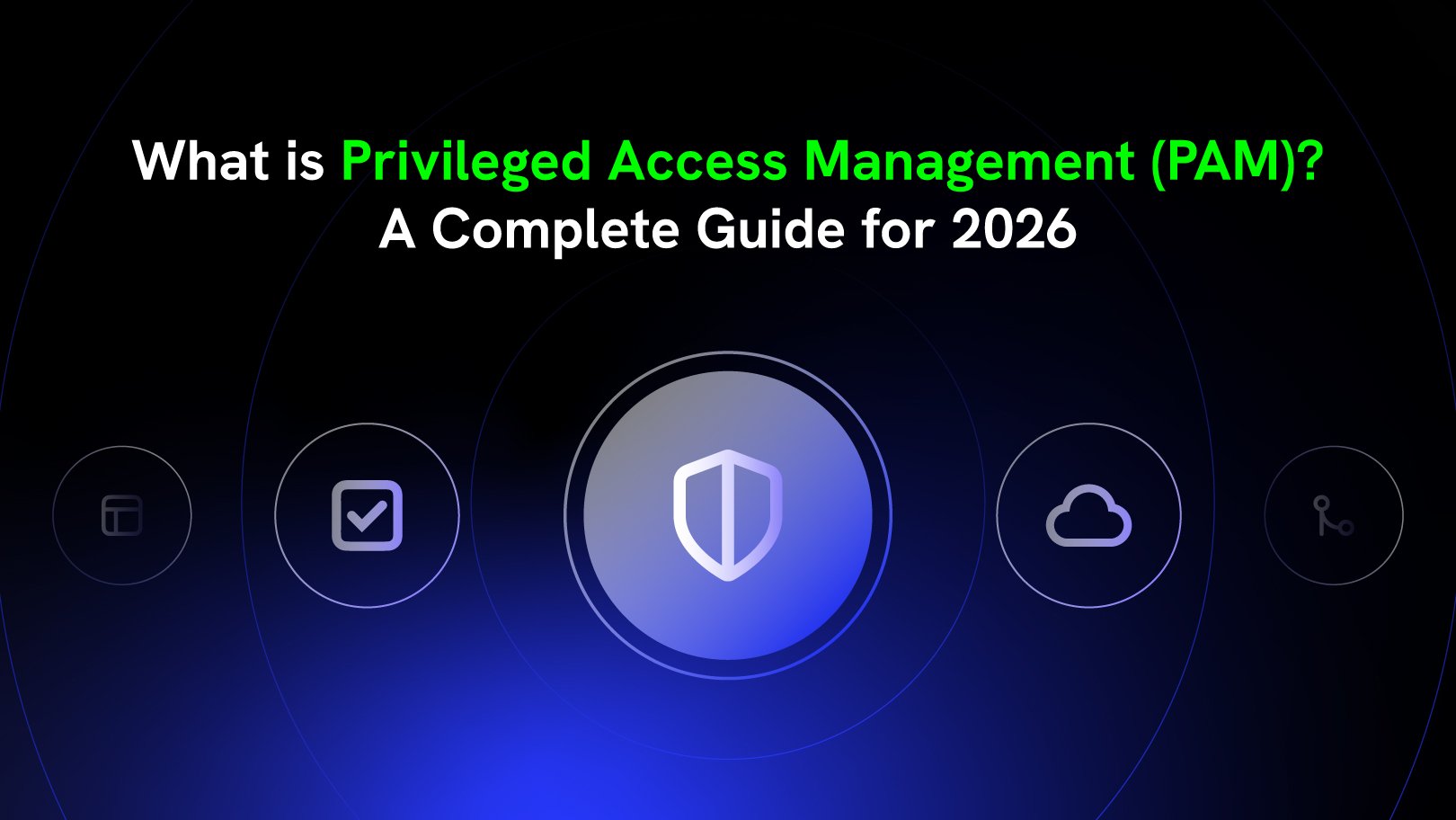2020 was truly a year for the cybersecurity record books. The pandemic shifted digital progress into overdrive. Cloud migration accelerated as millions of workers went remote overnight. And topics like control, governance, and access suddenly became the conversation du jour.
Last year, reports of cyber-attacks, scams, and data breaches made daily headlines. Meanwhile, threat actors grew more brazen as attack vectors expanded. Forrester now predicts that insider incidents – including those related to access management – will drive over one-third of breaches this year. Across the globe, new data privacy regulations came into effect, including CPRA in California.
In response, IAM and IGA planning ramped up. Security leaders sought more comprehensive security postures and compliance management. Companies roadmapped plans for deploying AI/ML, automation, and other cloud-based identity platform innovations. According to Saviynt CEO, Amit Saha, this preparation is critical with “identity becoming part of the fabric of business processes and enterprise operations” as a whole.
These efforts connect a range of security and identity trends spanning all industries and enterprises. Saviynt identified a subset of these that, we believe, will shape the future of how enterprises operate — and how security practitioners work.
As we explored these trends, we sought insight from expert cybersecurity, system integration, and technology vendor leaders. Additionally, we reviewed research from a variety of leading reports. Our analysis of what lies ahead is already being reflected in the shifting cybersecurity landscape. The results are now published in a new report, which is available now.
The report focuses on 8 major identity & security trends:
- Remote worker vulnerabilities: new security issues as corporate offices and network perimeters give way to new access points, residential infrastructure, and poor online user hygiene
- Challenges to cloud migration and adoption: pronounced, but overlooked, issues related to expanding SaaS, IaaS, and PaaS use
- Zero Trust becomes the standard: replacing the traditional “trust but verify” model for managing human, IoT, and other user access
- Healthcare data in the crosshairs: growing attacks on hospitals and healthcare companies, including telemedicine providers, in the wake of COVID-19.
- Evolving data privacy regulations: breadth of new regulations and the resulting demands on user identity management and governance
- C-Suite modernization: role changes and new C-level offices emerge as companies’ needs evolve in a cloud-first world
- Cloud PAM and enterprise IGA converge: pivoting away from a multi-tool, bolt-on approach as workloads transition to the cloud
- AI/ML-driven decision-making: capturing the return on data-driven automation for critical identity management processes
To learn more about the thinking, research, and events behind each of the trends — and how you can prepare for them — read the full report Identity and Security Trends: 2021 and Beyond.







